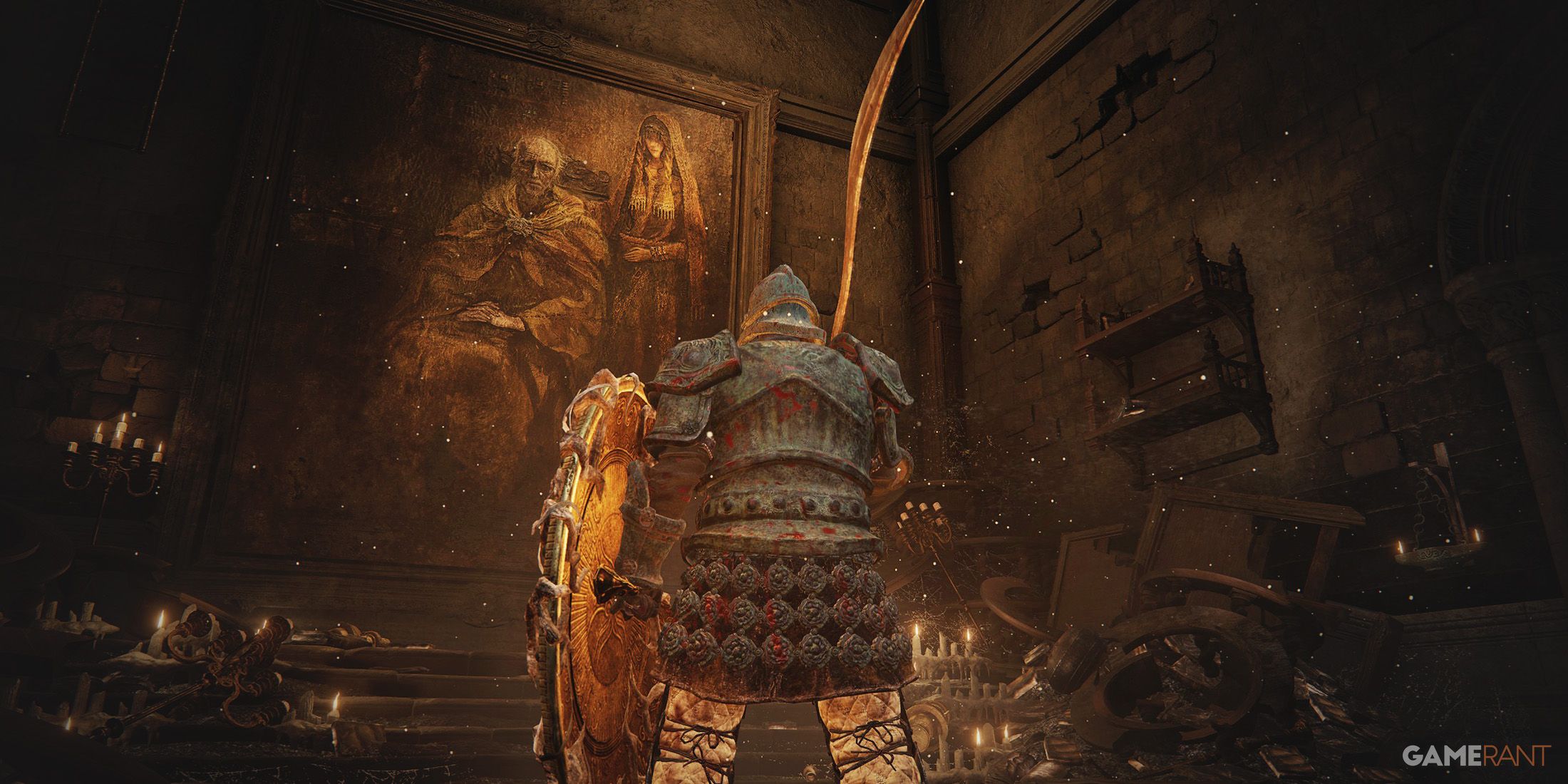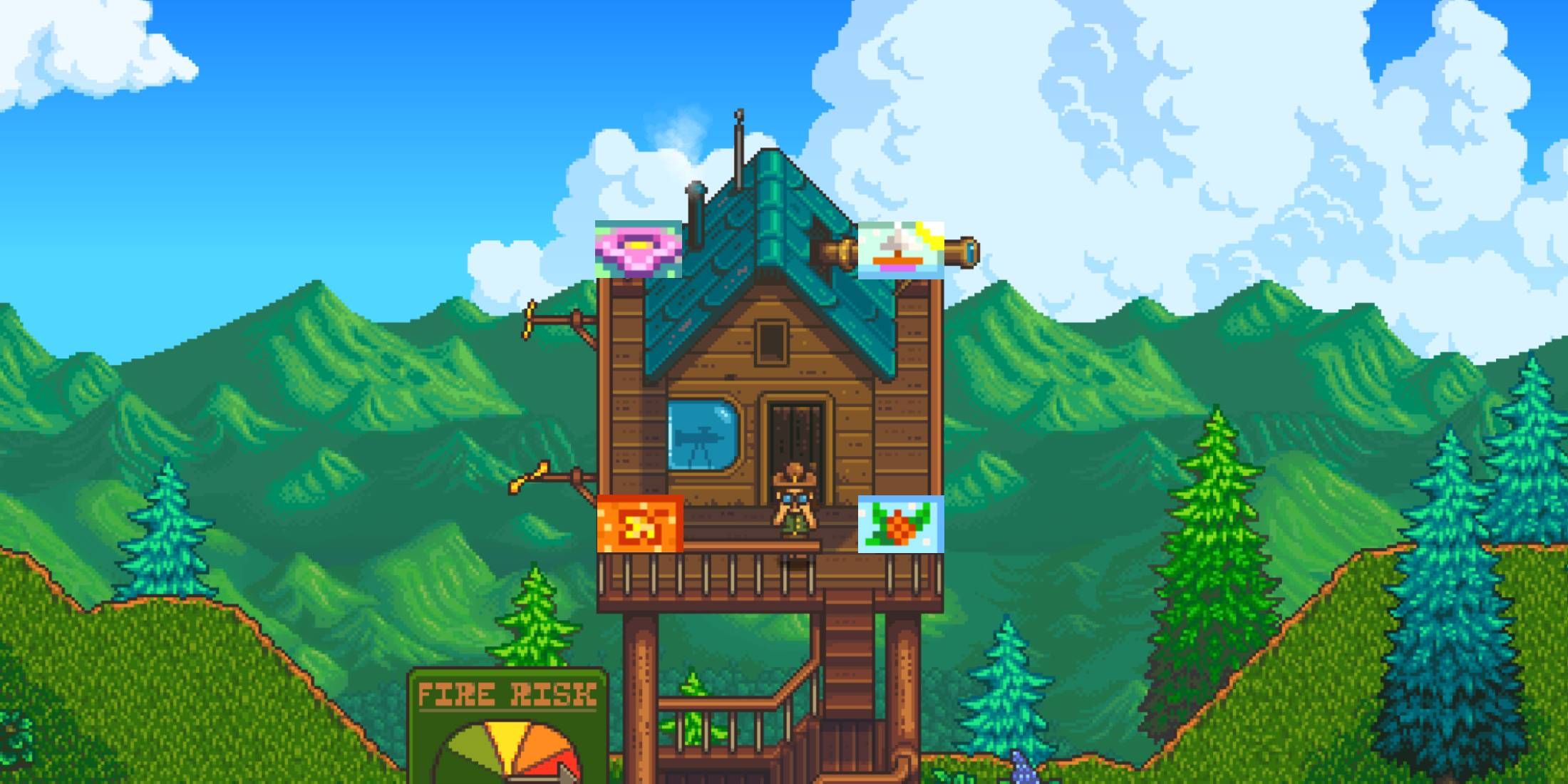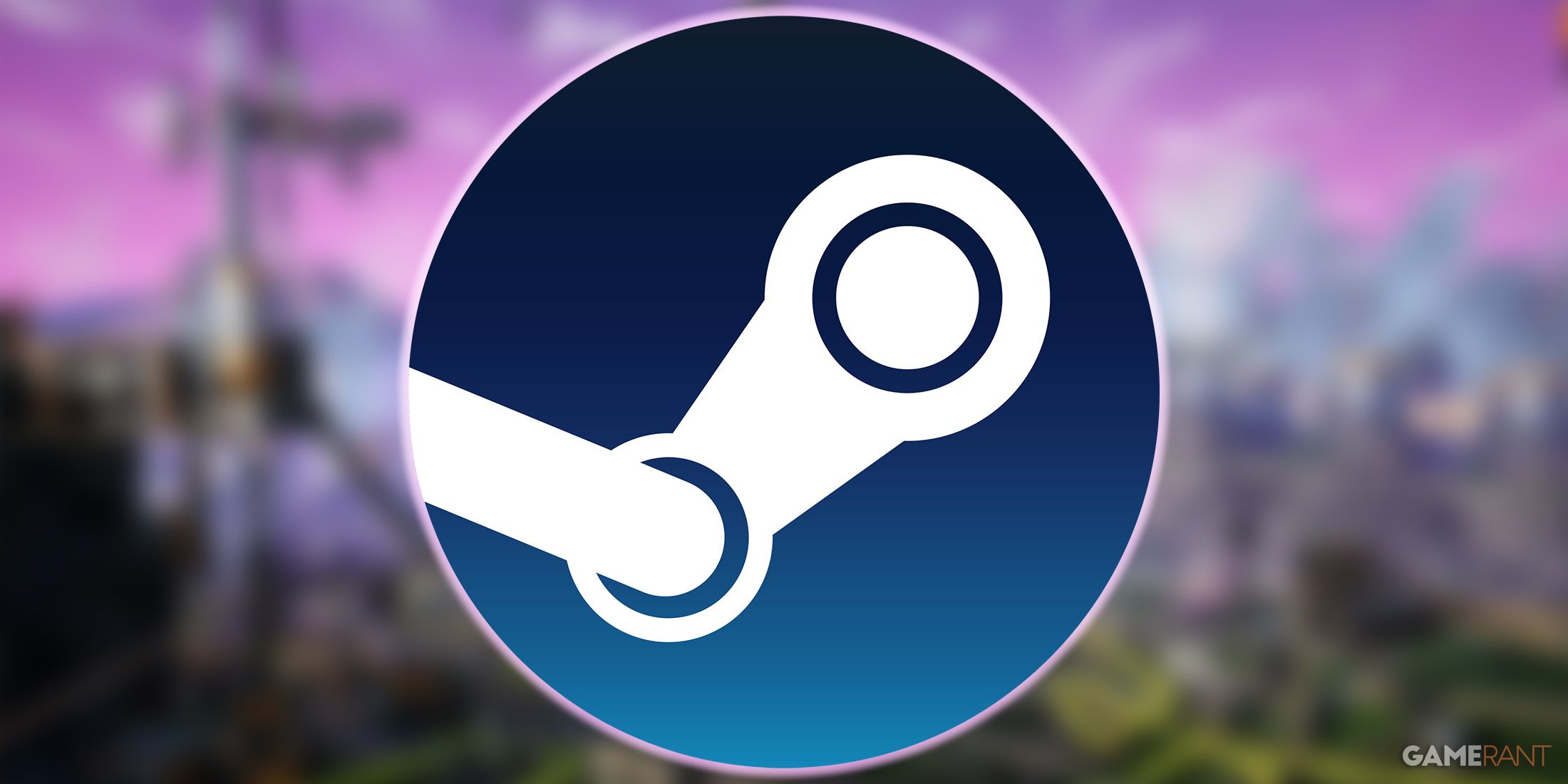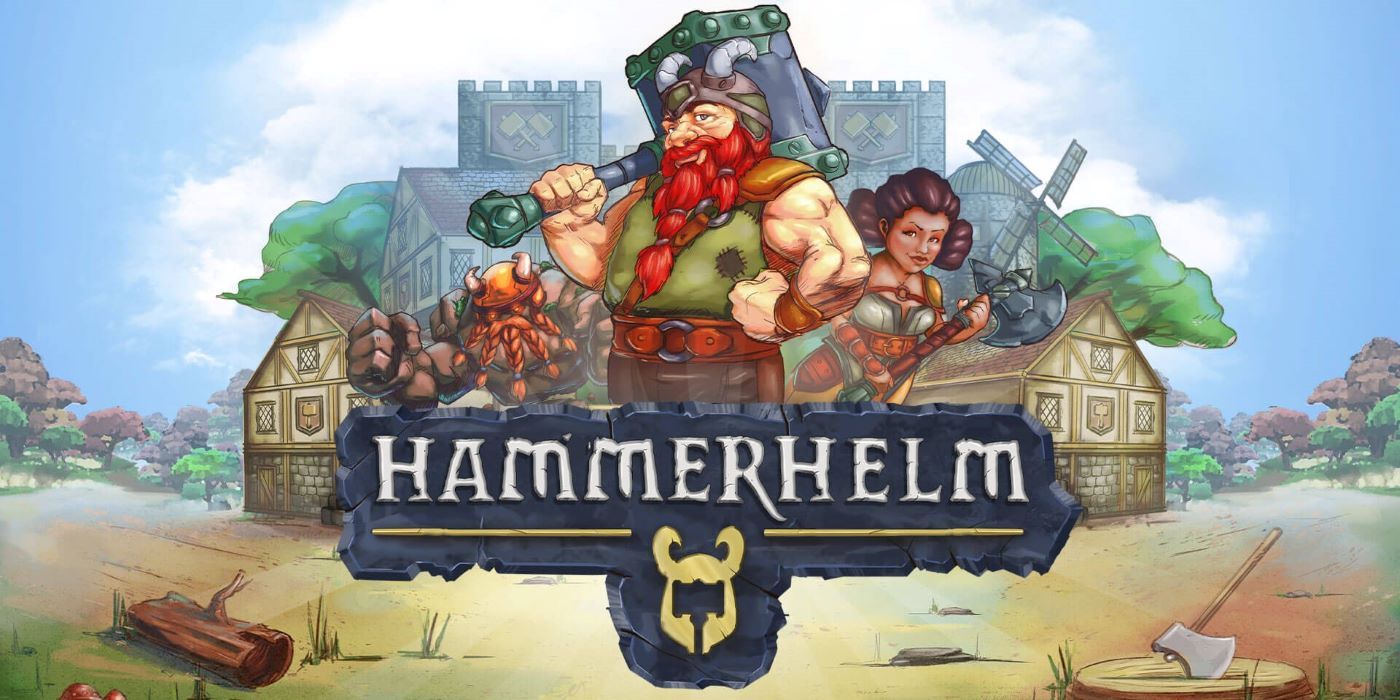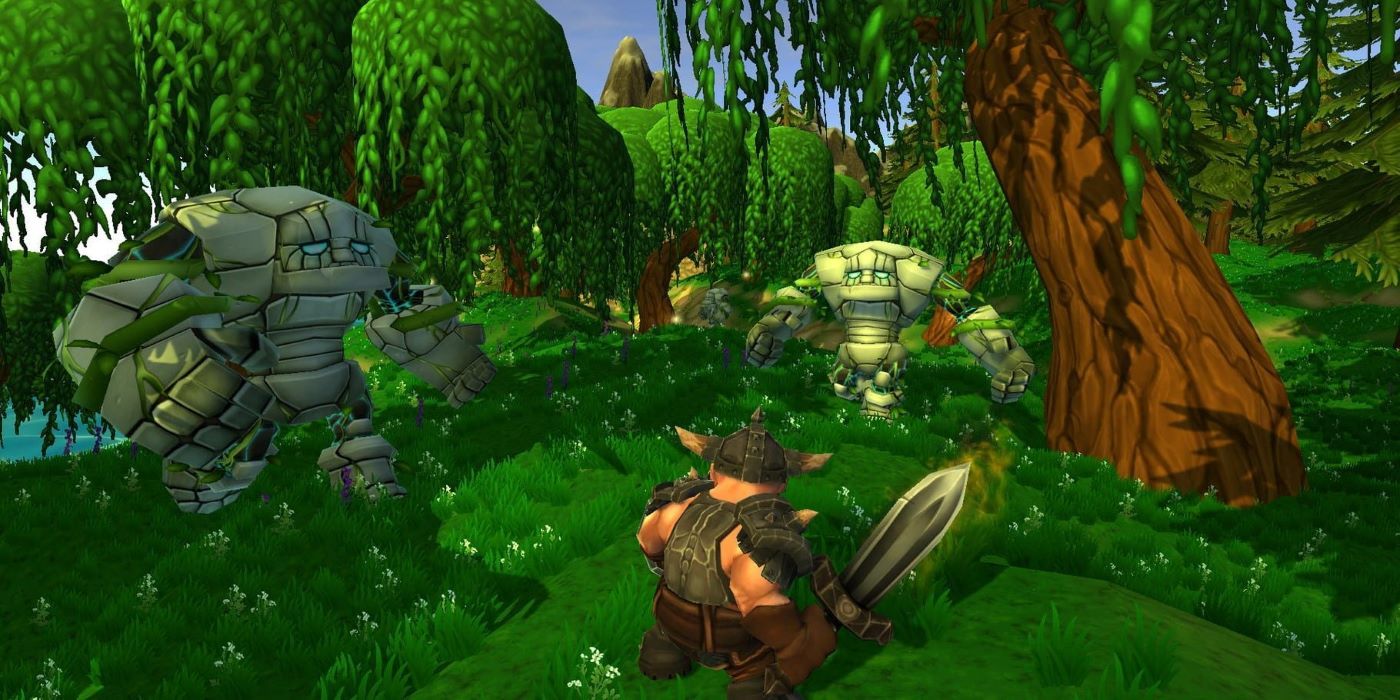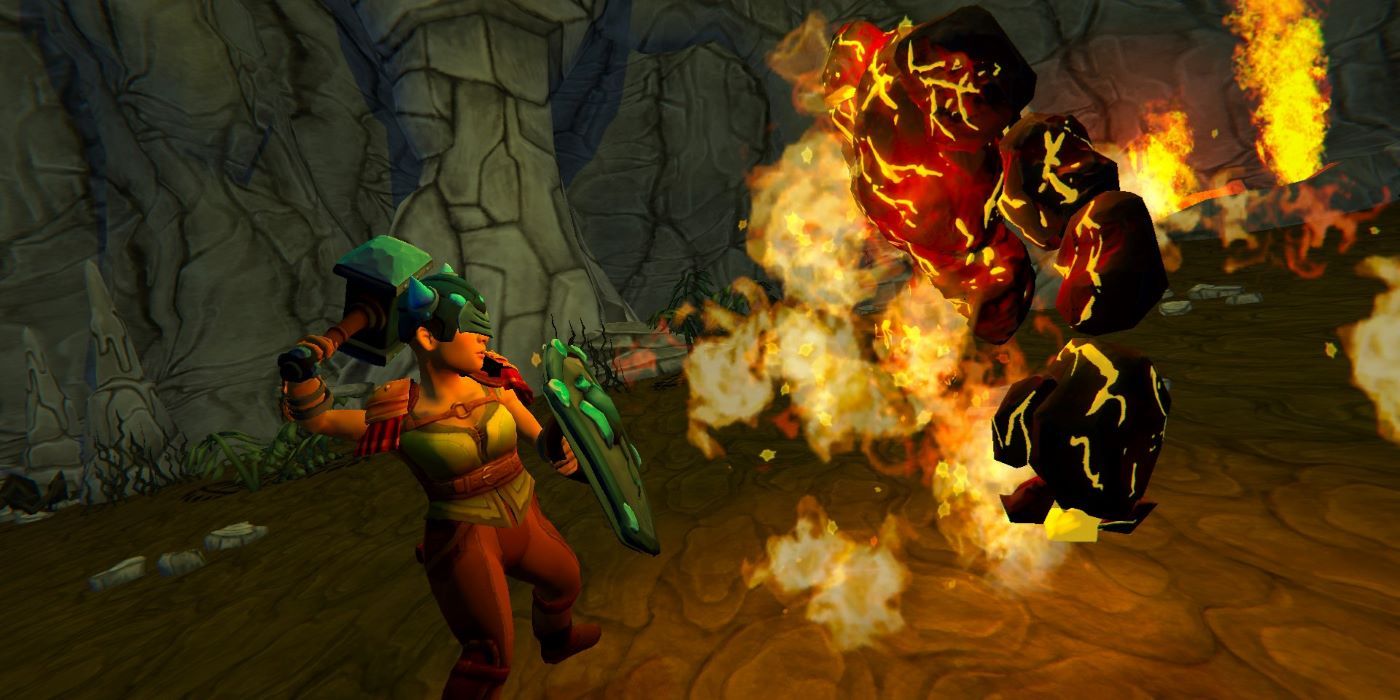If there was any lingering doubt about indie games being a crucial part of the game industry, Hades and its Game of the Year nomination at The Game Awards 2020 should dash them. Hades is just one example of a thriving part of the industry. Another indie game worth celebrating is HammerHelm, a town-building RPG developed in large part by video game producer Jonathan Hanna. In HammerHelm, players control dwarves who have decided to start new lives on the surface rather than underground. These dwarves are tasked with building up a new town to live in, as well as going on adventures around the settlement to fight monsters that threaten the dwarves' new lives.
HammerHelm is especially impressive when one considers it started out as something Hanna developed all on his own. Although the game has grown a lot since then, HammerHelm remains a testament to Hanna's patience. Now that HammerHelm has finally exited its Steam Early Access period, Game ZXC sat down with Hanna to talk about the game, his experiences developing it, and what he's learned in the process. Interview has been edited for clarity and brevity.
Q: So for starters, could you tell us about yourself and how your journey with HammerHelm began?
A: Sure! My name is Jon Hanna, I've been in the game industry for a long time - a little over 20 years - but I never really had a chance to work on my own game. Years and years ago, I was working for a studio, we started using the Unity Engine, and we started building mobile games with it, and I mostly just started wanting to learn how it worked. I was a producer, so I wasn't actually hands-on developing but I didn't like not understanding the technology that we were using. And so HammerHelm really started out as a series of, "Let me see if I can do this, let me see if I can do that", and then over time I realized I might have a game here. So I spent some time putting together the game and then released it in early access.
Q: And on that note, congratulations on the recent launch from Early Access.
A: Thank you.
Q: How does it feel to finally have it out there in this finished version?
A: It feels great! I was in early access for four years, which is probably about two and a half years longer than I thought I would be. But the community was really patient and as long as I kept updating the game I never really caught any flak for it, so that was nice. But yeah, it's nice being out there for real. It's cool.
Q: I'm sure community support is very important during that Early Access stage, especially if it ends up running longer than you mean it to.
A: Yep.
Q: Were there any specific games that inspired you the most when you were working on HammerHelm in similar or very different genres and styles?
A: Yeah, I think the game that really started it for me was Banished, the medieval survival city builder. You can see a lot of that in HammerHelm, I'm sure. But the thing that made me really want to do something different was, I had built this huge town, and you could sort of zoom in on it, but you couldn't really get in there. And so that's where the Hammerhelm came from. It was like, "Let me see if I can make a third-person city builder so that not only can you build a town but you get to actually live in the town and adventure in the town and interact with the people directly.
But there's a lot of other games - there's a little bit of RimWorld in there, with the character traits and how they interact with different things. But yeah, a lot of city builders, and third person action RPGs, there's so many of them, some of those as well. But Banished was the game that kickstarted the idea for me.
Q: So townbuilding was always part of the idea; did the action come later, or was that always originally part of the idea too?
A: Once I decided that it was gonna be a third-person town builder, they sort of went hand in hand. And then there were times where I just focused on one over the other for a while. I would say when it first left Early Access, there probably wasn't enough town building. The RPG side was okay, but there weren't that many buildings, the NPCs didn't have traits, things like that. So that was the first thing that I did over the first year, was shore up and expand the townbuilding part of the game. That really is the main selling point, right, if you're gonna pick one of the two things. People come to HammerHelm because they wanna experience a townbuilder in a different way as opposed to an RPG in a different way, if that makes sense.
Q: Yes. What is your favorite thing to do in HammerHelm? Do you focus very much on townbuilding?
A: Yeah -I mean, I enjoy both. For me, they're probably about even now as far as how important they are to the game and how much I enjoy both. For me, I guess it really comes down to what I'm working on. If I'm working on something related to the town, I'll spend a lot of time and enjoy that, and if I'm working on the new skill system - what I'm doing now is updating combat - so most of my time in the last few days has been fighting monsters, testing the new combat and tweaking it and getting it right.
Q: As you mentioned, you have a lot of experience in the game industry, and I know that you've worked with some really big names before like Sony and Disney. But HammerHelm was an idea that you had even before you worked in the industry. What inspired you to actually get started on HammerHelm a few years ago.
A: I had been in the game industry since 1999, and HammerHelm really started to form in my head around eight years ago. Basically what it came down to is I worked on a lot of cool stuff - great teams, really liked the games that I worked on - but I never got to work on something that was mine. So when I first started learning Unity, the first thing I actually did was make a mobile game - and it's not something you can get, it was a "Could I do it, could I make a game start to finish."
Then HammerHelm actually started out as the next mobile game. And then I realized that I like mobile games, I like working on them, but I'm not really a mobile gamer, I'm a PC gamer, so why don't I try and make a PC game? It started out as an isometric sprite-based townbuilding RPG on mobile, and then I switched it over time to be a full third-person PC game.
Q: How does working on HammerHelm compare to your day-to-day work in the game industry? I assume it's very different based on what you said previously.
A: Yeah, so right now I'm a producer. I started out as a community manager for massively multiplayer games, and you can see a little bit of that in HammerHelm. There's definitely some MMO related stuff that people have pointed out to me that I'm not even sure I did on purpose. That's where I got my start, MMOs. And then I moved on to being a designer on some games, and then lately -- the last 10+ years or so -- I've been a producer. Most of my job full-time is schedule managing, managing the project, removing blockers, helping the developers do the development, as opposed to actually doing any of the development.
And so when I work on HammerHelm, it's the exact opposite. I don't need need anybody to project manage me. I do actually use project management for myself, but ninety percent of what I do is development. So I get to scratch that itch with HammerHelm, and then I get to do the part that I like about being a part of the team as a producer. Being on a game team, that's the part I like the most - being the person that's involved in lots of things, and helping people do their jobs better and helping us focus. Then at night or on weekends, I get to do the actual creative coding and whatever else I'm doing on HammerHelm.
Q: Are there any big lessons that you've learned or particularly important experiences that you think you've gotten out of working on HammerHelm?
A: I've heard this before, so I'm probably not saying anything earthshattering, but however long you think something is going to take, double it or triple it, even if you have people doing some work for you. I used to call myself a solo developer. I don't use that term anymore because I've had a lot of artists and composers contribute a lot to the game. Calling myself that wouldn't be fair, it wouldn't be true. But everything that goes into HammerHelm still has to go through me. I'm the only developer, I'm the only person putting things in, whether it comes from an outside source or whether I build it. And all of that takes a lot longer than you think.
Before I signed with Soedesco, I was also doing all the marketing. Screenshots, videos, making a trailer, all that stuff is gonna sneak up on you and it's gonna take you a lot longer than you expect it will. To get one minute of trailer might take three or four days of raw shooting and going back and doing it again because you didn't like the way it looked, and that sort of thing. Everything takes longer, especially when it is just you or just you and a couple of people.
Q: What was it like to have that angle change, going through this process as a developer rather than the producer angle of scheduling and arranging things like this?
A: Everything that goes wrong with the game is my fault! So if there's a bug in the game, that's all me, I can't task it out to someone else. I have to fix it. I have to do whatever it takes. If an artist delivers something to me, and I've never integrated that kind of art into the game before, I have to figure it out. There's no one to say, "Well, you know how to do this X-Y-Z thing really well, you can do that!" There is nobody else. That's a big change. In a lot of ways, I don't know if I'd recommend doing it solo. I think in a lot of ways, if you have the opportunity to have one or two people work with you and you can collaborate?
That was probably the most difficult part, not really having people on the team to bounce ideas off of and get ideas from, especially before I was public. Trying to just sit at a screen - it's like writer's block, where I'm just trying to figure out a cool idea for combat, and I don't have anybody to bounce ideas off of. I personally do better in meetings where there's three or four people in the room. That was a big struggle for me, figuring all this out on my own as opposed to having people to bounce ideas off of. But that was one of my favorite things about launching. Now I have a whole bunch of people I can bounce ideas off of. The game is a big idea that I'm bouncing off people every day, and I love that. I love that interaction with the community and seeing what they like and what they don't like, and seeing what I can change based on that feedback.
Q: On the note of the struggles of developing solo, what advice do you have for aspiring game developers who are mostly working solo?
A: The biggest thing I'd probably say is be patient with yourself. You're gonna say, "Oh, I'm gonna work on this, this, and this," and then you're gonna work on something else completely for the entire week, and those other three things won't even get started. The thing is, as long as you're making progress, it doesn't matter. Whatever you think you're going to work on tomorrow, you're going to rathole to something else and you're going have fun with it hopefully and you'll have something better than when you started. And that to me is the only thing that matters - just keep making progress.
I've had a lot of people focusing on shipping the game. Obviously you wanna get to that point, but to me, that's the end of the journey, the journey is the part that you have to enjoy. And don't worry if you're doing it in a different order than you thought you were. As long as you're making progress, as long as the game gets a little bit better every day, you can hang your hat on that and use that to motivate yourself to work on the next thing. I used to make trailers for myself for the game. Every three to six months, I would put together a trailer, and I never released these, they're just for me. It gave me an idea of, "Wow, look at all the stuff I've put in this game over the last three to six months!" It's about having some way of doing your own retrospective and honestly patting yourself on the back a little bit.
And I know there's a lot of stress. I was lucky that I was able to work full-time while I worked on HammerHelm. Not everyone has that luxury, and if you don't, I totally understand the pressure of trying to get something out there so you can start making some money off of all your work. But you'll get there. You've just got to understand it's incremental steps, and it's just taking those steps one at a time, and being okay with it, and then looking back and saying, "Holy crap! I built this! And if I spend the next three months on it, it's gonna be even better than it is now!" That's how I motivated myself more than anything. From three months ago to today, the game looks a lot better, and I know three months from now, it's gonna look even better than what I'm looking at right now. That's what I would probably tell people.
Q: Right. Focus on the process and appreciate what you're doing in the process rather than focusing too much on the end result.
A: Yeah! Focus on the progress. It's okay to pat yourself on the back and say, "Wow, I'm doing a great job!" Especially when you're by yourself, because no one else will. No one else knows you're doing it. So you have to be your own cheerleader. And for me, the way to do that was to make those trailers and be like, "Wow, that looks really cool! I can't wait to see what the next trailer is gonna look like three months from now."
Q: How does HammerHelm compare to the vision you had for so long? Is there anything surprising about the current version? Were there any major changes that it went through in development?
A: The first big change was switching from mobile to PC. The next one was HammerHelm was more of a town RPG where the idea was to make a big RPG and the entire game took place in a town. I'm gonna date myself a little bit here, but it was sort of influenced by the original Bard's Tale game, the very first one, where the entire game basically took place in this big town. I always thought that was really cool. And then that slowly turned into, "What if you could build the town?" And then slowly a lot of the RPG story part of the game kind of moved to the side while I worked on the - I don't really want to call it sandbox, but for lack of a better word - the sandbox of adventuring and building and doing that in whatever order that you want.
Over time, I've added a story to the game, but it's not the focus of the game. Originally, it was gonna be a story driven RPG with this town and a mystery and all this stuff, and that's not what HammerHelm became at all. That's another thing I would say to people if they're making their own game: it's okay to change it. You're not throwing out any work even if you don't use it. You learn something from it. There's code from eight years ago still in HammerHelm, and there's a lot of stuff that did get thrown out and I'm not using it because the game shifted to something else.
Q: So with the game released, what's next? Do you plan on focusing on updates for HammerHelm long-term or do you have any other ideas that you'd like to develop?
A: Short-term, absolutely just focusing on HammerHelm. There's still stuff I wanna do with it. There's a lot of great feedback I'm getting from people about how to improve it. I'm actually making a pretty big change to the combat based on a lot of the feedback I've gotten from players. They want it to be a little more action oriented and a little less MMO-like - tab-targeting and that sort of thing, get rid of all that and just let me swing my weapon, and whatever I hit, I hit. It's actually a small change from the player standpoint, but it's a big change underneath the hood.
But I'm having fun with it, and again, players are a hundred percent right, it is way better like this. So I'm really glad that I listened to that feedback, because it's just more fun to play the game with the new combat as opposed to the way it is now. That's my focus right now, just kind of quality of life stuff, improving stuff, maybe adding some more quests here and there. But I'm not really thinking about the next game after this. There's no way I'd have time to even start on it, even if I wanted to! So yeah, right now HammerHelm is definitely the focus.
Q: That does make sense, as you said before, now that you have the wider audience in the final edition that you can get even more useful feedback and it'll keep transforming and growing now that it's released.
A: Yeah, and it's very different feedback. The folks that joined from the beginning have a different experience because they saw the game evolve and grow. For the folks who are just joining now, this is it, this is the first experience they have with HammerHelm. And so the feedback's been really different compared to, say, feedback from two years ago.
Q Is there anything else you'd like to add about HammerHelm, your work, or what's coming up?
A: The big thing is definitely the combat update for HammerHelm. There's some things that Soedesco and I are working on that I can't talk about yet, but hopefully soon we'll be able to announce some cool stuff, all HammerHelm related. But yeah, right now my focus is just trying to make the game that I've got better and better and add more content to it and just keep taking that feedback.
[END]
HammerHelm is available now on PC.

